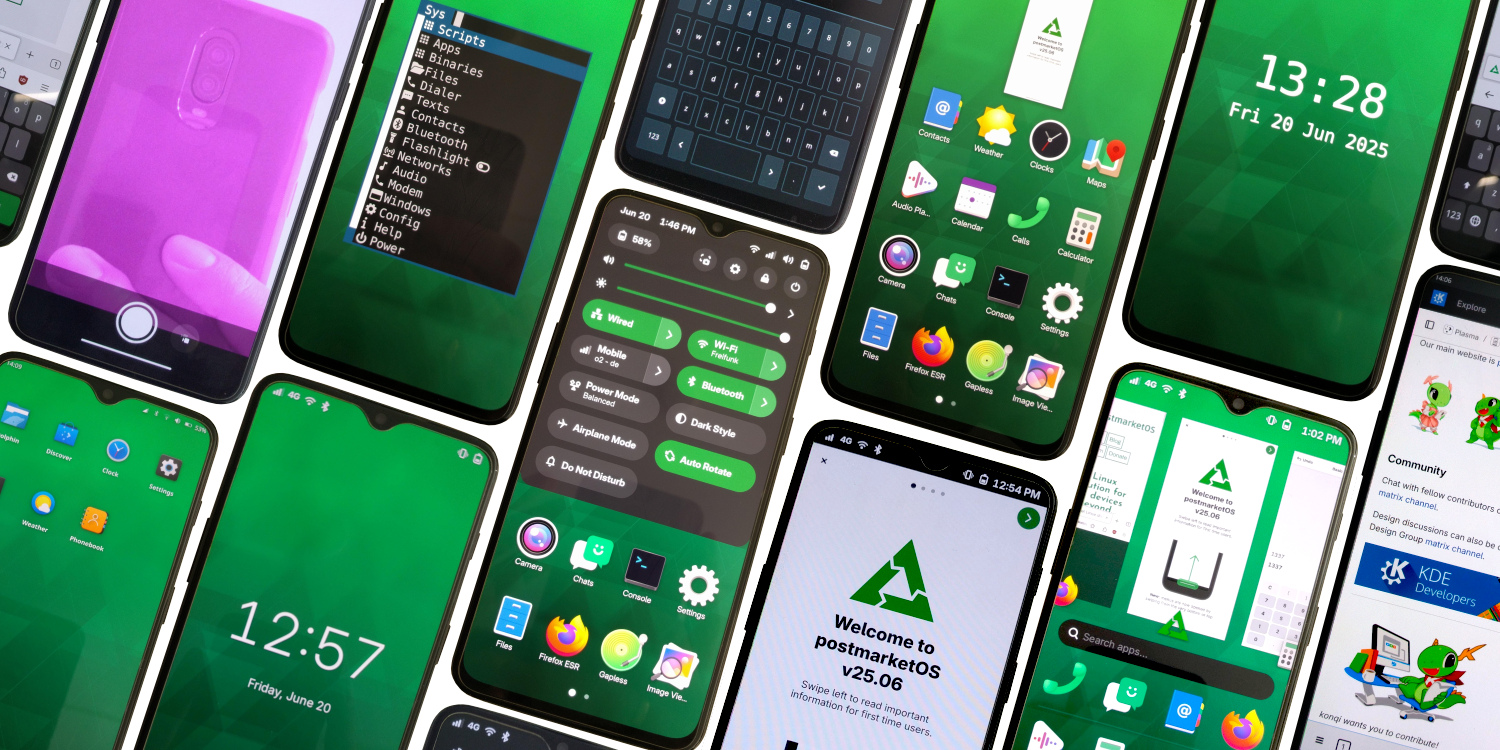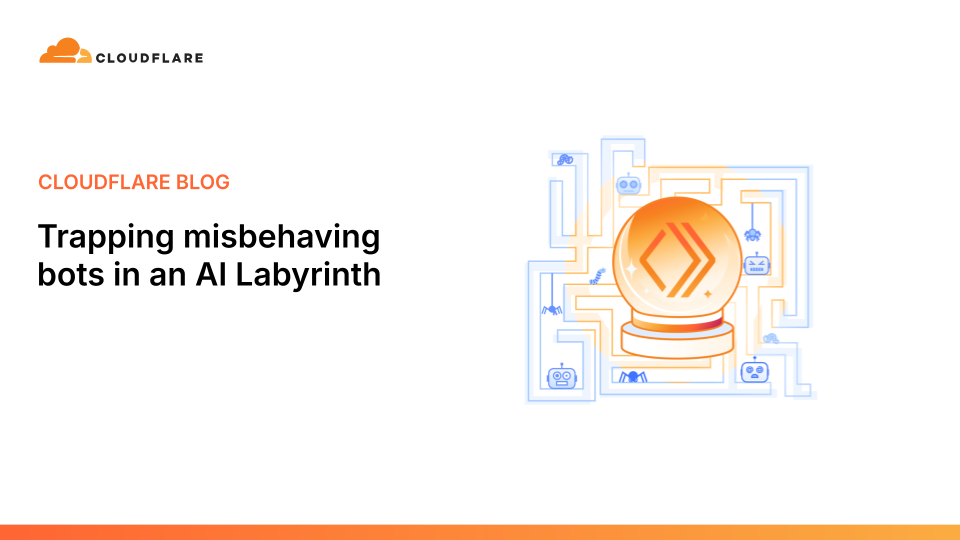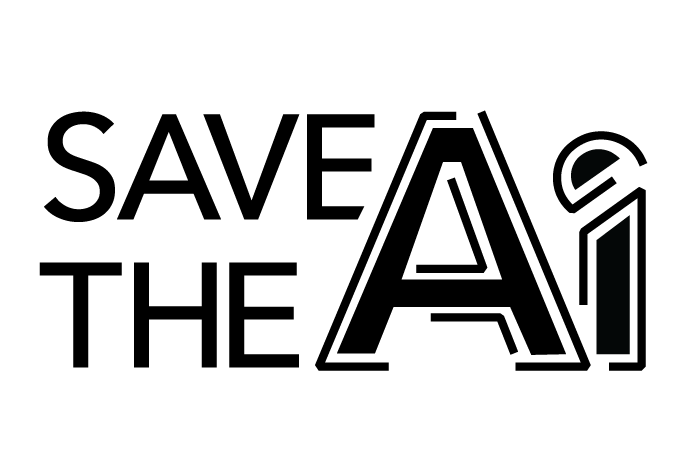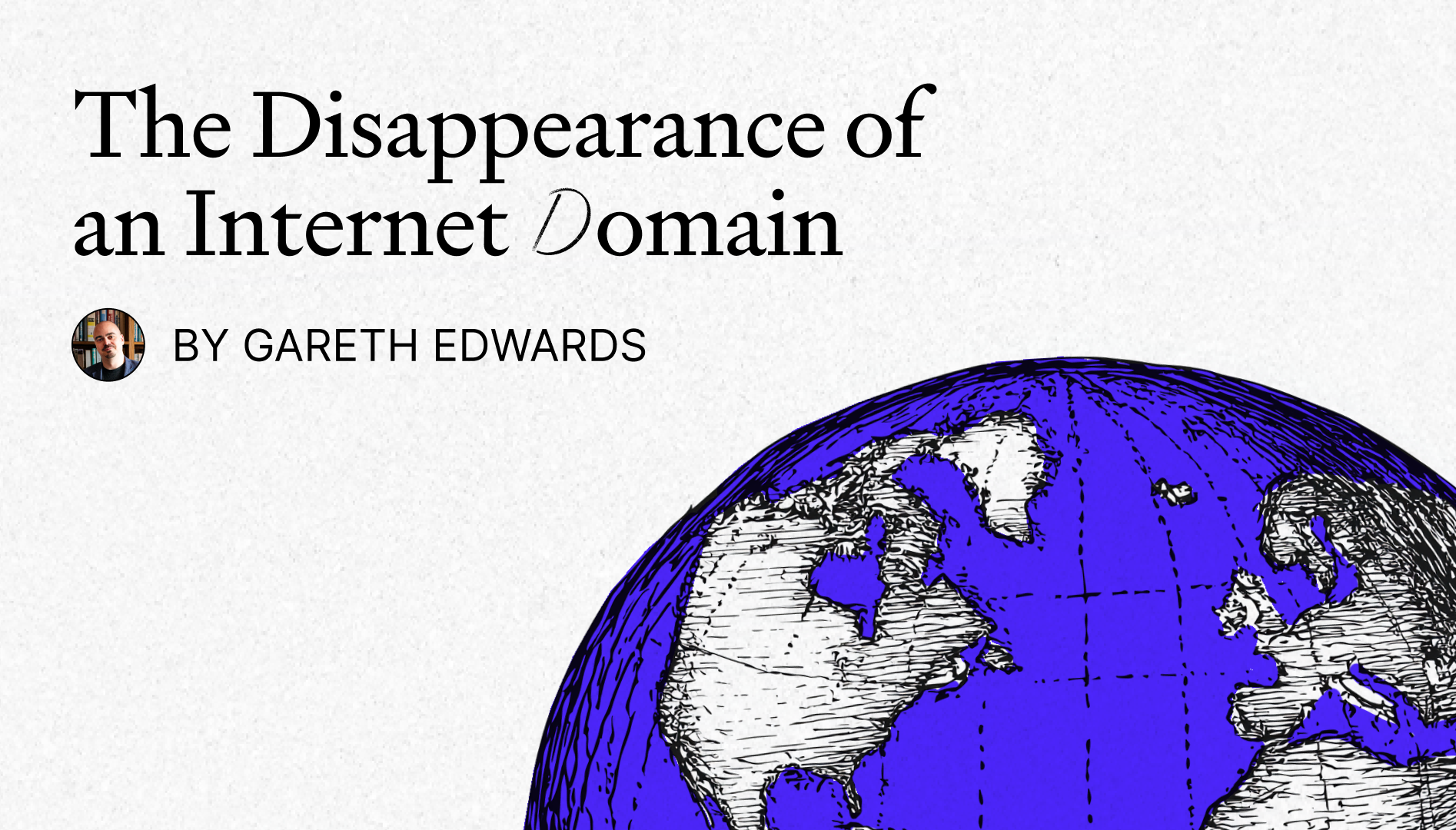Arthur Besse
cultural reviewer and dabbler in stylistic premonitions
- 60 Posts
- 349 Comments
fyi, Signal’s servers are hosted on a mixture of Amazon Web Services and Google Cloud.

 3·4 days ago
3·4 days agoMy proposal to Anthropic was to add human-in-the-loop validation by removing ping, nslookup, dig and host from the list of allowlisted commands.
I wonder if that was actually their fix 😂 …because that list of regexps defining which commands to allow prompt injections to run without user confirmation includes some other things which can easily be abused. (For instance, some of those git subcommands take a
--outputoption which instructs git to overwrite arbitrary files.)

 31·4 days ago
31·4 days ago2nd arrest made in alleged shootings at GTA movie theatres
article doesn’t say which of these theaters it was 🤔

 27·4 days ago
27·4 days agoNTFS, fat32, exfat, could I theoretically create my own filesystem?
Yes. There are many different file systems and you can absolutely create your own. Making one that is reliable and performs well, and/or is something you can actually use for the disk that you boot from, generally involves low-level kernel programming and years of work - and is not exactly a beginner’s programming project.
However, you can also more easily play with implementing filesystems in a high-level language using FUSE.
If so would my computer even be able to work with most files or connect to other devices?
Your computer can use many different filesystems at the same time. You can also store a filesystem in a file on another filesystem, rather than dedicating a partition of a physical disk to it. So, yes, you can use a filesystem of your own design at the same time you are using other storage devices formatted with more common filesystems.

 4·6 days ago
4·6 days agoAs a pioneer in the use of Artificial Intelligence (AI), blockchain and laser technologies, Kvarøy has emerged as an industry leader in sustainable fish farming.
bingo!

 431·7 days ago
431·7 days agothey were suggesting a solution, this proof-of-work web firewall: https://github.com/TecharoHQ/anubis

 3·7 days ago
3·7 days agoi see the images in my comment didn’t federate to mastodon 😢 you can see it here on lemmy
It is now official. Netcraft has confirmed: Distrowatch is dying.
One more crippling bombshell hit the already beleaguered Distrowatch community […]

 51·8 days ago
51·8 days agoSir this is a Lemmy community





 22·11 days ago
22·11 days ago“spoke out against” is an understatement:
- https://en.wikipedia.org/wiki/Metallica_v._Napster,_Inc
- https://en.wikipedia.org/wiki/Dr._Dre#Copyright_lawsuits
…besides contributing to the eventual shut down of napster, Metallica first compelled it to ban hundreds of thousands of their fans - who’s usernames they delivered to them. Lars Ulrich responded to the backlash by saying “If you’d stop being a Metallica fan because I won’t give you my music for free, then fuck you. I don’t want you to be a Metallica fan.”

 81·13 days ago
81·13 days agoIt only gets you halfway. To truly understand someone you need to also see them play DuckDodge (“Duck Hunt, but you are the duck”).

 11·15 days ago
11·15 days agoPlus, we will hold on to some percentage of technical knowledge that will help us adapt faster.
FYI, http://collapseos.org/ is planning for this eventuality.
Sent from my TI-84+
For chat, something with e2ee and without phone numbers or centralized metadata. SimpleX, Matrix, XMPP, etc - each have their own problems, but at least they aren’t centralizing everyone’s metadata with a CIA contractor like Jeff Bezos like Signal is.
For email, I’d recommend finding small-to-medium-sized operators who seem both honest and competent. Anyone offering snakeoil privacy features such as browser-based e2ee is failing in at least one of those two categories.
No, it isn’t about hiding your identity from the people you send messages to - it’s about the server (and anyone with access to it) knowing who communicates with who, and when.
Michael Hayden (former director of both the NSA and CIA) famously acknowledged that they literally “kill people based on metadata”; from Snowden disclosures we know that they share this type of data with even 3rd-tier partner countries when it is politically beneficial.
Signal has long claimed that they don’t record such metadata, but, since they outsource the keeping of their promises to Amazon, they decided they needed to make a stronger claim so they now claim that they can’t record it because the sender is encrypted (so only the recipient knows who sent it). But, since they must know your IP anyway, from which you need to authenticate to receive messages, this is clearly security theater: Amazon (and any intelligence agency who can compel them, or compel an employee of theirs) can still trivially infer this metadata.
This would be less damaging if it was easy to have multiple Signal identities, but due to their insistence on requiring a phone number (which you no longer need to share with your contacts but must still share with the Amazon-hosted Signal server) most people have only one account which is strongly linked to many other facets of their online life.
Though few things make any attempt to protect metadata, anything without the phone number requirement is better than Signal. And Signal’s dishonest incoherent-threat-model-having “sealed sender” is a gigantic red flag.
more important than expecting ip obfuscation or sealed sender from signal
People are only expecting metadata protection (which is what “sealed sender”, a term Signal themselves created, purports to do) because Signal dishonestly says they are providing it. The fact that they implemented this feature in their protocol is one of the reasons they should be distrusted.




















CoMaps is “offline-first” and they’re working on a deskop version, but it is alpha right now and they don’t appear to be distributing binaries of it (the desktop version) yet so you’ll need to compile it yourself. There are instructions here. I haven’t tried it yet myself but I think it looks promising!
Another option is to run CoMaps, OsmAnd, or another Android app under Waydroid.